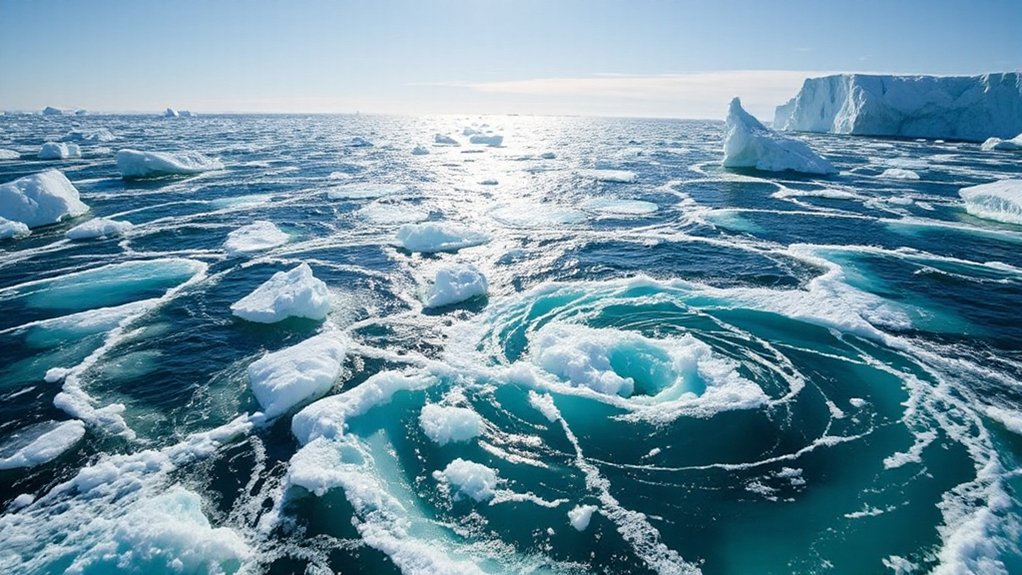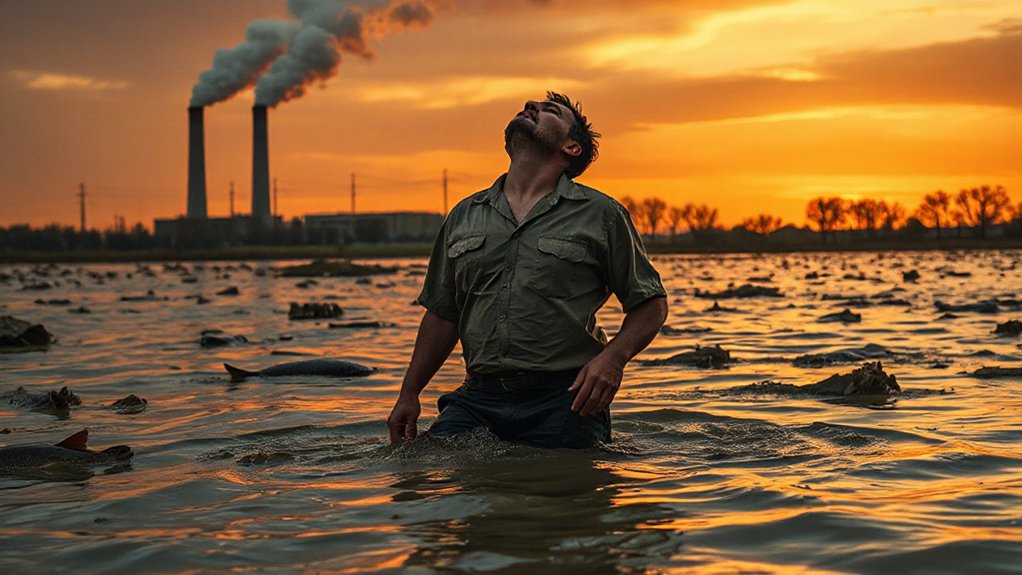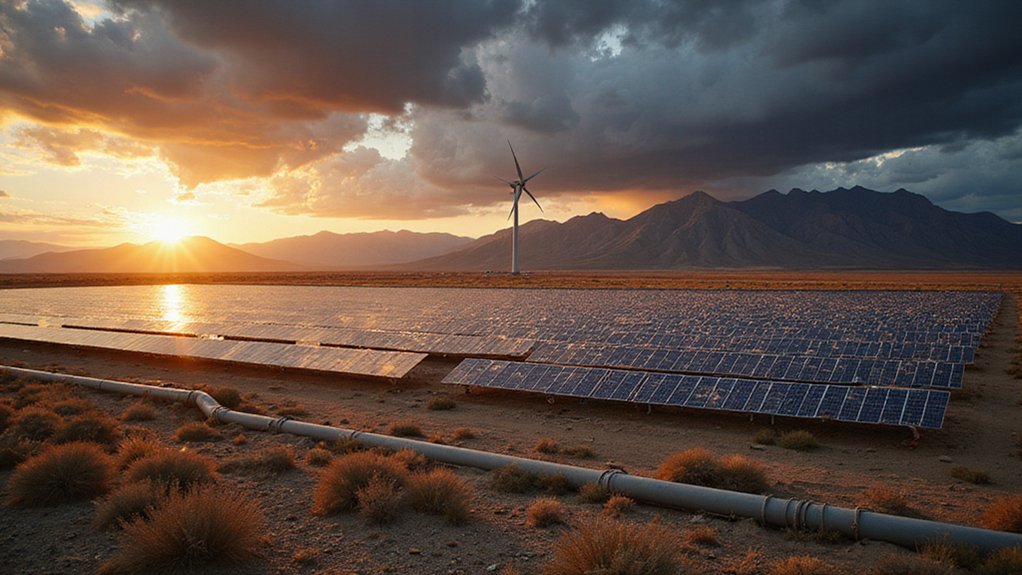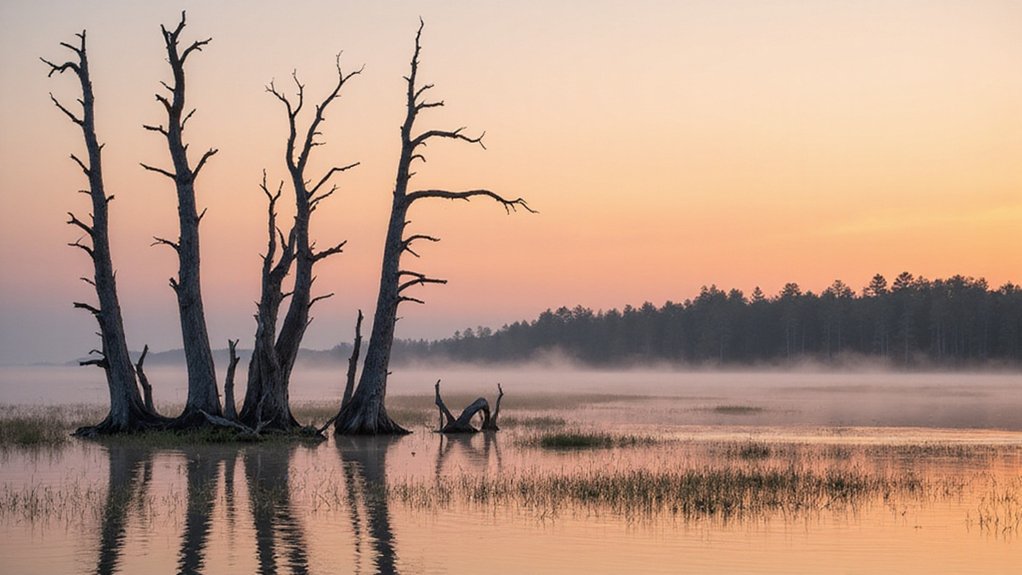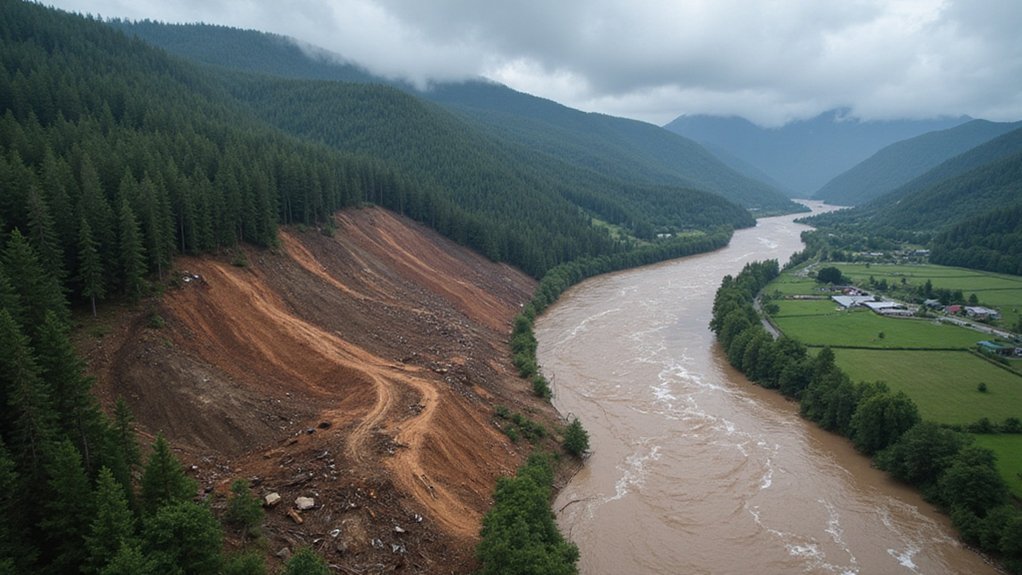The Arctic is melting. Not just a little bit, but at a pace that would make even the most hardened climate scientist raise an eyebrow. In 2025, Arctic sea ice reached its lowest maximum extent ever recorded. Yeah, ever. Since 1979, winter ice has shrunk by 10%, while summer ice has shrunk by a whopping 38%. That’s nearly 1 million square kilometers gone every decade. Poof. Vanished.
The Arctic isn’t just changing—it’s vanishing at a rate that should terrify anyone paying attention.
What used to be a three-month melt season now stretches to four. Ice forms later, melts earlier. It’s thinner. Younger. Weaker. The sea ice is basically a shadow of its former self, like that uncle who used to be muscular but now just tells stories about his glory days.
This isn’t happening at the same rate as the rest of the planet. The Arctic is warming 2 to 4 times faster than the global average. It’s called Arctic amplification, and it’s brutal. Dark ocean water replaces reflective ice, absorbing more sunlight, heating more water, melting more ice. Rinse and repeat.
Storms and warm air pulses hammer ice from above. Heated ocean layers attack from below. Rivers dump more heat into Arctic waters. The whole system is turning against the ice.
The consequences? Ocean chaos. Sea surface temperatures now exceed 1°C in many areas. Circulation patterns are shifting. The thermohaline circulation—that global ocean conveyor belt everyone learned about in science class—is getting messed with. Big time.
All this feeds back into the atmosphere. Arctic rainfall has increased 16% due to open water providing more moisture. The jet stream wobbles like a drunk trying to walk a straight line, sending weird weather to the mid-latitudes. This destabilization threatens coastal regions worldwide as rising sea levels from melting ice become inevitable.
Meanwhile, polar bears and seals watch their habitat literally melt away. Food webs that took millennia to establish are unraveling in decades. Marine ecosystems are transforming before researchers can even document them properly.
The ice is retreating. The oceans are changing. And it’s happening faster than anyone predicted. Scientists project that the Arctic Ocean could reach a critical ice-free threshold as early as 2050, potentially crossing a tipping point from which recovery may be impossible.
References
- https://www.arcticwwf.org/newsroom/features/arctic-sea-ice-maximum-crisis-as-ice-melts-and-risks-rise/
- https://blogs.egu.eu/divisions/cr/2025/03/07/navigating-the-polar-frontier-effects-of-sea-ice-decline-on-shipping-and-sea-routes/
- https://ocean-climate.org/en/special-report-the-polar-ocean-at-the-heart-of-climate-and-biodiversity-crises/
- https://www.nasa.gov/earth/arctic-sea-ice-2025-low/
- https://nsidc.org/sea-ice-today/analyses/taking-bite-out-beaufort
- https://agupubs.onlinelibrary.wiley.com/doi/10.1029/2025GL118052?af=R
- https://www.nature.com/articles/s43247-025-02796-y
- https://www.worldwildlife.org/resources/explainers/six-ways-loss-of-arctic-ice-impacts-everyone/
